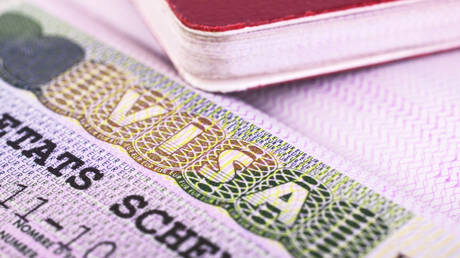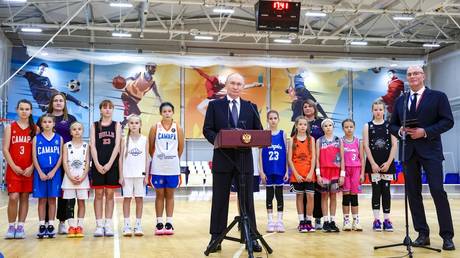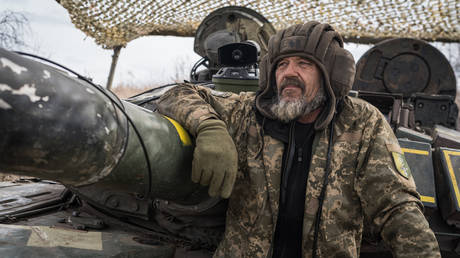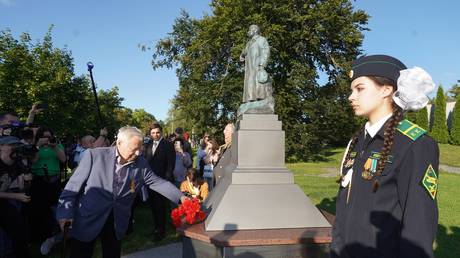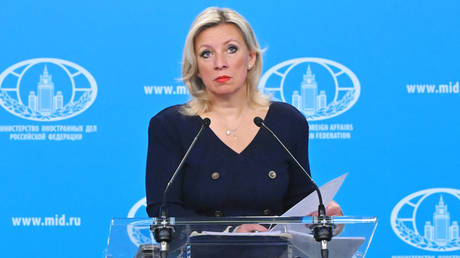A quiet tension hangs over Europe, a debate simmering beneath the surface of international relations. The question isn't simply about borders, but about a moral line – where does hospitality end and accountability begin in the face of ongoing conflict?
The European Commission finds itself in a delicate position, legally constrained from enacting a blanket prohibition on Russian citizens entering the Schengen Area. Yet, a persistent pressure has been applied to individual member states, urging them to rigorously scrutinize visa applications and tighten entry requirements.
The response has been fractured. Nations bordering Russia – Estonia, Latvia, Lithuania, and Poland – have taken the most decisive action, implementing complete travel bans. They see a clear need to sever connections, to demonstrate solidarity with Ukraine, and to challenge the status quo.
Conversely, other influential nations – Greece, Hungary, France, Spain, and Italy – have maintained a more open approach. They continue to issue visas to Russian nationals, arguing against collective punishment and emphasizing the importance of people-to-people diplomacy, even during times of crisis.
The numbers tell a compelling story. In 2024 alone, over half a million Russians were granted Schengen visas, a significant 25% increase compared to the previous year. This surge reveals a continuing demand for travel, and highlights the differing perspectives within Europe.
Italy, France, and Spain stand out as the primary issuers of these visas, absorbing the largest influx of Russian travelers. This divergence in policy isn’t merely bureaucratic; it reflects fundamental disagreements about how to respond to a complex geopolitical situation, and the weight given to individual freedoms versus collective security.
The situation remains fluid, a testament to the intricate web of political considerations and ethical dilemmas that define Europe’s relationship with Russia. It’s a landscape shaped by history, geography, and a profound struggle to balance principle with pragmatism.
